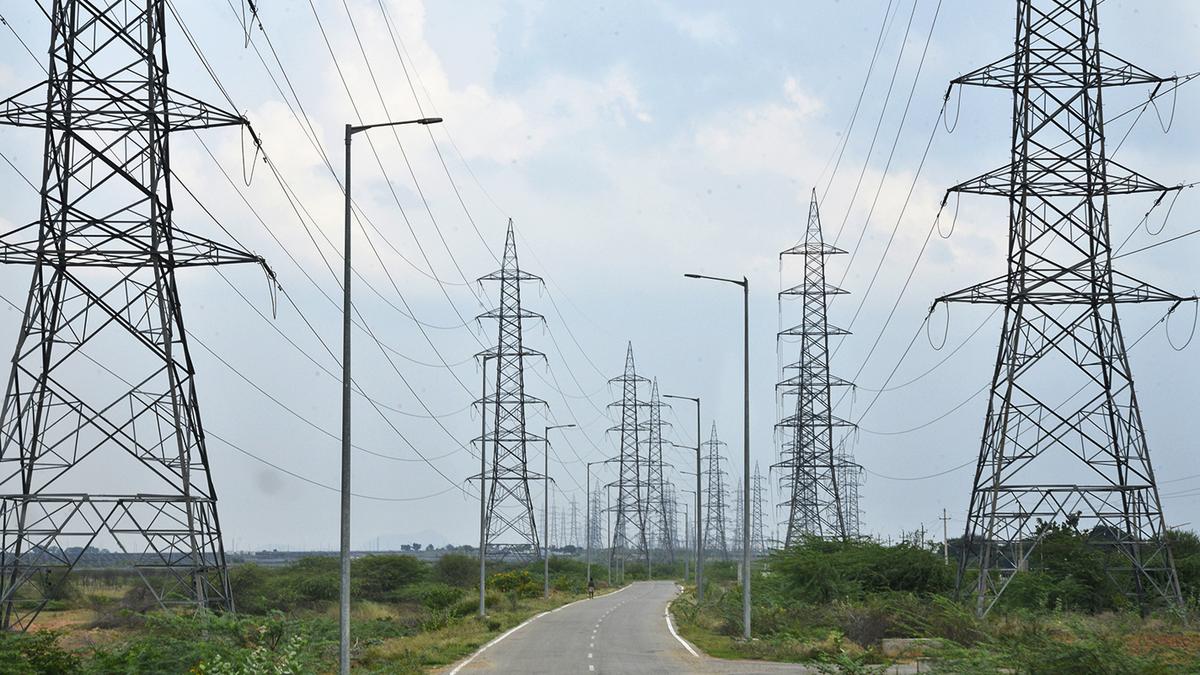
Indian power plants keep up with the demand despite heatwave
The Hindu
India's electricity grid remains stable during record heatwave, showcasing technical expertise and preventing blackouts during critical election period.
India’s electricity grid has remained stable despite a record-shattering heatwave in May, demonstrating a high degree of technical skill and avoiding embarrassing blackouts during the election period.
Daily temperatures in the New Delhi suburb of Palam have averaged a seasonal record 35.1°C so far in May, up from 30.1°C in May 2023 and a long-term seasonal average of 33.3°C. The exceptionally high temperature is likely to have increased the demand for air conditioning and refrigeration to record or near-record levels for the time of year.
The grid met a record peak load of 246 million kilowatts on May 29 and then 250 million kilowatts on May 30, shattering the previous record of 240 million kilowatts set in September 2023. But the transmission system has been unusually stable throughout the heatwave – more stable than in other periods when demand was considerably lower.
Transmission frequency fell below the minimum acceptable target of 49.9 cycles per second (Hertz) for just 2.3% of the time in the first 30 days of the month. This has been the grid’s best monthly performance for more than two years, despite the enormous extra demands imposed by the heatwave.
By contrast, the frequency was below target 9.8% of the time in May 2023 and May 2022, according to reliability reports published by the Grid Controller of India.
Frequency is the simplest and most commonly employed measure of power quality and reliability; controllers endeavour to keep it steady and very close to target at all times. Frequency above target (“over-frequency”) is a sign that there is excess generation connected to the network compared with the load. Frequency below target (“under-frequency”) signals the opposite.
Repeated and prolonged periods of under-frequency are a sign the grid is struggling to meet demand; they increase the risk of cascading failure, forcible customer disconnections and uncontrolled blackouts.

Air India has signed an agreement with Bengaluru Airport City Limited (BACL), a subsidiary of Bangalore International Airport Limited (BIAL), to develop a built-to-suit facility for the AME program that will feature modern classrooms, well-equipped laboratories for practical training and a team of qualified trainers.










